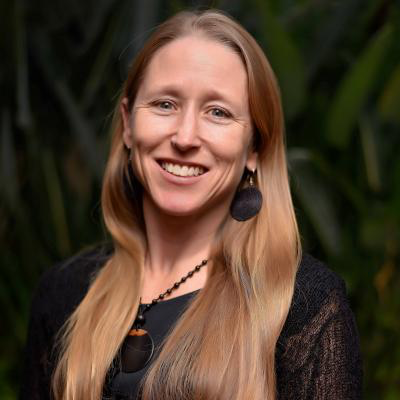
Communal rangelands are facing among the fastest and largest rates of conversion. Degradation of rangelands result in significant biodiversity loss, carbon emissions, and impact on freshwater systems. Although many human activities contribute to this problem, unsustainable agricultural production is the main driver. Moreover, there are minimum investments aimed at protection of grassland and savannah ecosystems. A lack of awareness of their value contributes to their vulnerability and has resulted in limited action on the global conservation agenda.
OBJECTIVES
The overall objective of the conference is to promote exchange of experiences and foster partnerships between a wide range of actors and stakeholders on how to advance climate-smart management of communal rangelands. Specifically, the conference aims to:
- Create an interactive global forum for stakeholders including departments, local and international organizations to share experiences, best practices and lessons learned in building fibre industry resilience to climate shocks
- Serve as a platform to advance technical and practical measures towards reversing land degradation and their effective implementation
- Facilitate the interaction between government departments and potential development partners, including the EU, GCF, GEF and AF, as well as bilateral agencies and other relevant organizations, to enhance access to financing for supporting climate-smart rangeland management
- Enhance awareness of rangeland rehabilitation efforts by different organizations in Lesotho in order to foster collaboration, avoid duplication and increase impacts
APPROACH
A two-day international and country dialogue will be held from 23-24 May 2023. It will be held in person and online with a portion available to participate and interact virtually. The thematic areas of presentations will include but are not limited to:
- The summary of the state of range management in Lesotho including historical background, previous policies, laws, programs and projects aimed to reverse land degradation
- Sustainable rangeland management in Sub-Saharan Africa
- Opportunities for funding transformative climate-smart rangeland management
- Strengthening climate services for improved management of rangeland resources
- Ongoing research initiatives by local and regional organizations on climate-smart range management
Speakers

















